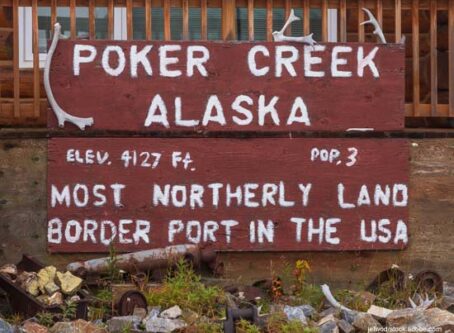Maine Legislature adds bond question to fall ballot
State lawmakers in Maine met for a one-day special session this week to discuss adding a question to the state’s fall ballot about whether to tap bonds for highway repairs. Now voters will get to decide.
A year ago, voters approved a $105 million bond to fund transportation projects. During the past 12 years, Ballotpedia reports that Maine voters have approved nine transportation bond issues with a combined total of $778 million in bonds.
The money is used to support the Maine Department of Transportation’s work plan. The agency relies on the funds to cover the annual cost of road and bridge maintenance and repairs.
Passage of the transportation bond initiative in 2018 resulted in $80 million in general obligation bonds for construction and maintenance of highways and bridges. The state’s ports, harbors, transit and freight rail, and bicycle and pedestrian trails received $20 million. Another $5 million was applied to culvert upgrades.
Bond advocates want to return to the same well this fall to help cover next year’s highway repair program. First, however, the Maine Legislature must approve legislation to put the issue on the statewide ballot.
The Legislature voted on Monday to advance to voters a $105 million transportation bond question to the fall ballot.
The special session was necessary because Maine legislators were unable to get a deal done during the 2019 regular session to include a bond question on the November ballot. As a result, Gov. Janet Mills called them back to the capitol to beat the Aug. 30 deadline to get bond language on the ballot.
Passage of transportation bonding would also draw an estimated $137 million in matching federal and other additional funds.
Opponents say it’s not good business to rely on borrowing to pay for projects. Instead, they say the state would be better served to increase the tax rates on gas and diesel to pay for needed work and to match federal funds. They say the tried-and-true method of raising revenue is fairer, cheaper, and more efficient.
The state’s 30-cent excise rate on gas and 31.2-cent rate on diesel are unchanged since 2011.









